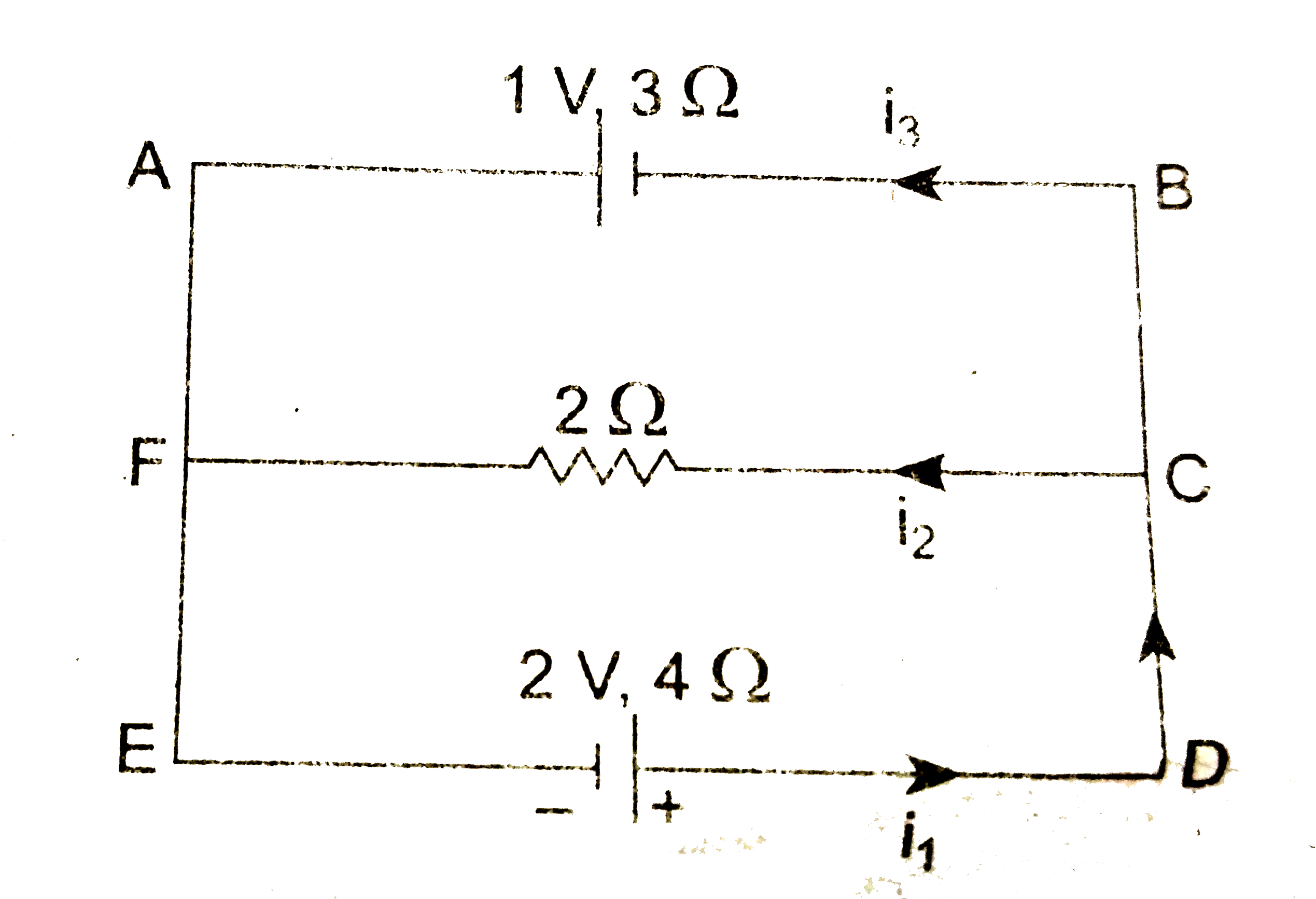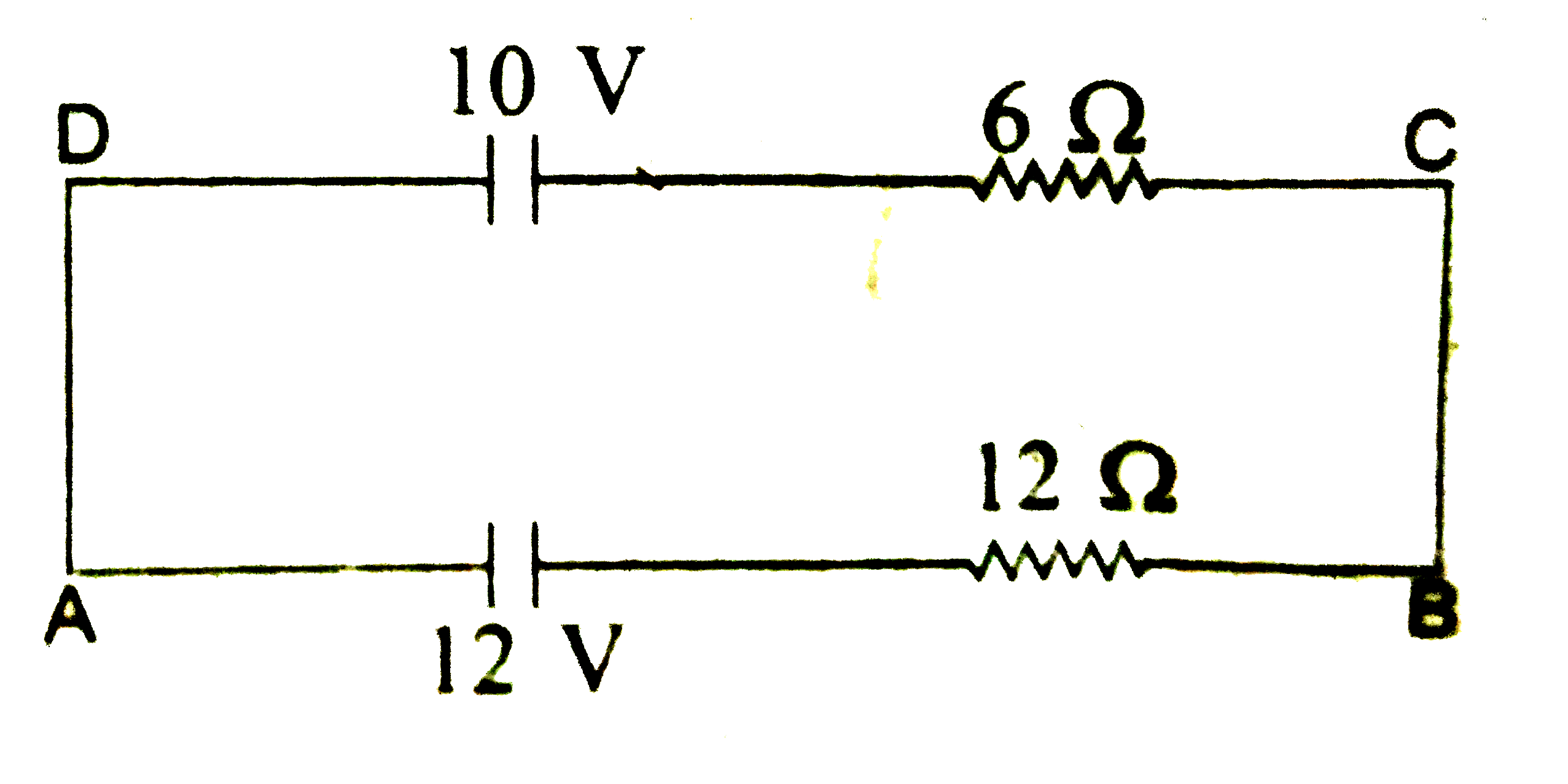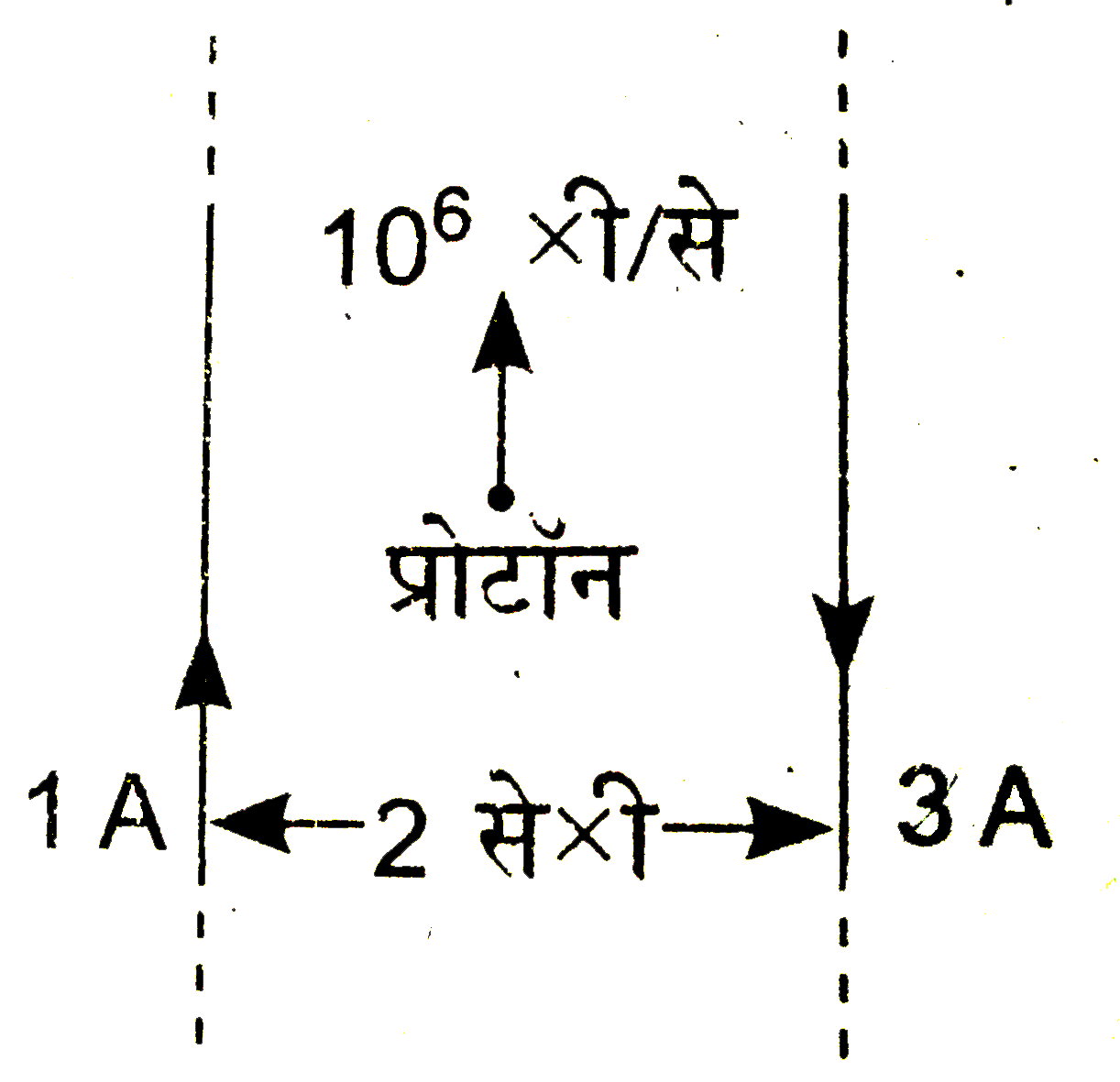Study the following information carefully and answer the given questions.
P, Q, R, S, T, V and W are seven friends working in a call centre. Each of them has different day off's in a week from Monday to Sunday not necessarily in the same order. They work in three different shifts I, II and III with at least two of them in each shift.
R works in shift II and his day off is not Sunday. P's day off is Tuesday and he does not work in the same shift with either Q or W. None of those who work in shift I has day off either on Wednesday or on Friday. V works with only T in shift III. S's day off is Sunday. V's day off is immediate next day of that of R's day off. T's day off is not on Wednesday. W's day off is not on the previous day of P's day off. S works in shift I. Q does not work in the same shift with R and his day off is not on Thursday.
Which of the following is R's day off?
Friday
Thursday
Tuesday
Wednesday
The correct Answer is:D
By analysing the given information:


By analysing the above table, it is clear that Rday off on−−−−−→ Wednesday
Topper's Solved these Questions
- BOOK - LUCENT PUBLICATIONCHAPTER - PROBLEM SOLVING (PUZZLES & SEATING ARRANGEMENT)EXERCISE - Exercise-330videos
PROBLEM SOLVING (PUZZLES & SEATING ARRANGEMENT)
- BOOK - LUCENT PUBLICATIONCHAPTER - PROBLEM SOLVING (PUZZLES & SEATING ARRANGEMENT)EXERCISE - Exercise-476videos
PROBLEM SOLVING (PUZZLES & SEATING ARRANGEMENT)
- BOOK - LUCENT PUBLICATIONCHAPTER - PROBLEM SOLVING (PUZZLES & SEATING ARRANGEMENT)EXERCISE - Exercise-146videos
PROBLEM SOLVING (PUZZLES & SEATING ARRANGEMENT)
- BOOK - LUCENT PUBLICATIONCHAPTER - PASSAGE AND CONCLUSION EXERCISE - Exercise - 345videos
PASSAGE AND CONCLUSION
- BOOK - LUCENT PUBLICATIONCHAPTER - ROWS AND RANKSEXERCISE - Exercise (Type-IV : Miscellaneous)2videos
ROWS AND RANKS
Similar Questions
Choose the correct answer to the following questions.
(i) The letters A, B, C, D, E, F and G not necessarily in that order, stand for seven consecutive integers from 1 to 10.
(ii) D is 3 less than A.
(iii) B is the middle term.
(iv) F is as much less than B as C is greater than D.
(v) G is greater than F.
The fifth integer is03:51View SolutionDirections: Study the following information carefully and answer the question given below: A, B, C, D, E, F, G and H are sitting around a circle facing the centre. B is third to the right of F and third to the left of H. C is fourth to the left of A, who is not an immediate neighbour of F or B. E is not an immediate neighbour of B. G is second to the right of D.
Who is to the immediate left of B
1) D
2) G
3) D or G
4) Data inadequate
5) None of these03:24View SolutionA B C D and E are five friends. A is shorter than B but taller than E. C is the tallest. D is shorter than B and taller than A. Who has two persons taller and two persons shorter than him/her ?
05:07View SolutionThe interest rates in the institutional market have come down significantly and at present are in the range of 5.25 to 5.75 percent per annum. However, interest rates on small savings schemes such as the Post Office Saving Schemes, RBI Relief Bonds, Provident Fund and PPF continue to be administered at high levels in relation to market rates. These schemes also have a variety of tax incentives, which result in much higher post-tax returns and on the flip side more liability for the government. It is ironic that it is predominantly the urban population (and more often people in the high tax bracket), which is benefiting from high rates and tax benefits. The size of small savings has assumed a significant proportion of financial saving in the country. This has also increased dramatically the debt service burden of both Central and State Governments.
The interest rates on small savings have decreased considerably during the last few years.02:43View SolutionIn a shop, the items are arranged in a shelf consisting of six rows. Biscuits are kept above the tins of chocolates but below the rows of packets of chips, cakes are at the bottom and the bottles of peppermints are below the chocolates. The topmost row had the display of jam bottles. where exactly are the bottles of peppermints? Mention the place from the top.
06:53View Solutionतीन प्रतिरोध तार हैं। प्रत्येक का प्रतिरोध 4 ओम हैं। इनमें सम्भावित संयोजनों को प्रदर्शित कीजिए। तथा प्रत्येक संयोजन में तुल्य प्रतिरोध ज्ञात कीजिए।
03:41View Solution60 W-220 V तथा 100 W-220 V के दो बल्ब श्रेणीक्रम में जोड़कर 220 वोल्ट मेन्स से सम्बन्धित किये गये हैं। उनमें प्रवाहित होने वाली धाराओं की गणना कीजिए।
04:47View Solutionदिए गए परिपथ में प्रत्येक शाखा में धारा का मान ज्ञात करे ? ।
 04:31View Solution
04:31View Solutionदिए गये विघुत परिपथ की सहायता से ज्ञात कीजिए
- (i) परिपथ में धारा , तथा
(ii) बिन्दु A तथा B के बीच विभवान्तर ।
 12:31View Solution
12:31View Solutionप्रदत्त चित्र में दो लम्बे समान्तर धारावाही चालकों में 1 ऐम्पियर तथा 3 ऐम्पियर की धाराएँ एक-दूसरे के विपरीत दिशाओं में प्रवाहित हो रही है। तारों के बीच 2 सेमी की दूरी है। तारों के बीच ठीक मध्य-बिन्दु पर 106 मी/से की चाल से गतिमान प्रोटॉन पर कार्य करने वाले बल का मान तथा दिशा ज्ञात कीजिए।
 02:12View Solution
02:12View Solutionभू-चुम्बकत्व के विभिन्न अवयव क्या है ? इनकी परिभाषा दीजिए |
04:15View Solutionएक प्रेरक के बहने वाली धारा, i=4+12t द्वारा दी जाती है, जहाँ I ऐम्पियर में तथा t सेकण्ड में है | इसमें स्वप्रेरित विधुत वाहक बल 12 mV है | ज्ञात कीजिए- (i) स्वप्रेरकत्व, तथा (ii) t=1 सेकण्ड पर प्रेरक में संचित ऊर्जा एवं इसको प्रदान की गयी शक्ति |
06:17View Solutionएक प्रेरक में प्रवाहित धारा, i=2+5t द्वारा व्यक्त की जाती है, जहाँ i ऐम्पियर तथा t सेकण्ड में है | इसमें स्वप्रेरित विधुत वाहक बल 10 मिलिवोल्ट है | ज्ञात कीजिए -
(i) स्वप्रेरण गुणांक, तथा (ii) t=2 सेकण्ड पर प्रेरक में संचित ऊर्जा |03:01View Solutionप्रत्यावर्ती वोल्टेज स्त्रोत V=V0sinωt से प्रेरकत्व L , धारिता C तथा प्रतिरोध R तीनो श्रेणीक्रम में जुड़े है सिद्ध कीजिए कि परिपथ कि प्रतिबाधा Z=√R2+(ωL−1ωC)2 तथा tanϕ=ωL−1ωCR जहाँ ϕ धारा तथा वोल्टेज के बीच कालान्तर है ।
04:44View Solutionप्रतयावर्ती धारा परिपथ में धारा व वोल्टेज के समीकरण क्रमश : i=2sinωt ऐम्पियर तथा V=5cosωt वोल्ट है परिपथ में शक्ति क्षय होगी -
06:17View Solutionएक राजमार्ग पर दो बिन्दु A और B एक दूसरे से 90 किमी की दूरी पर है। एक कार A से तथा दूसरी कार B से एक साथ चलती हैं। यदि वे एक दिशा में चलती हैं, तो वे 9 घण्टे बाद मिलती हैं और वे विपरीत दिशा में चलती हैं, तो 97 घण्टे बाद मिलती है। उनकी चाल ज्ञात कीजिए।
View Solution
